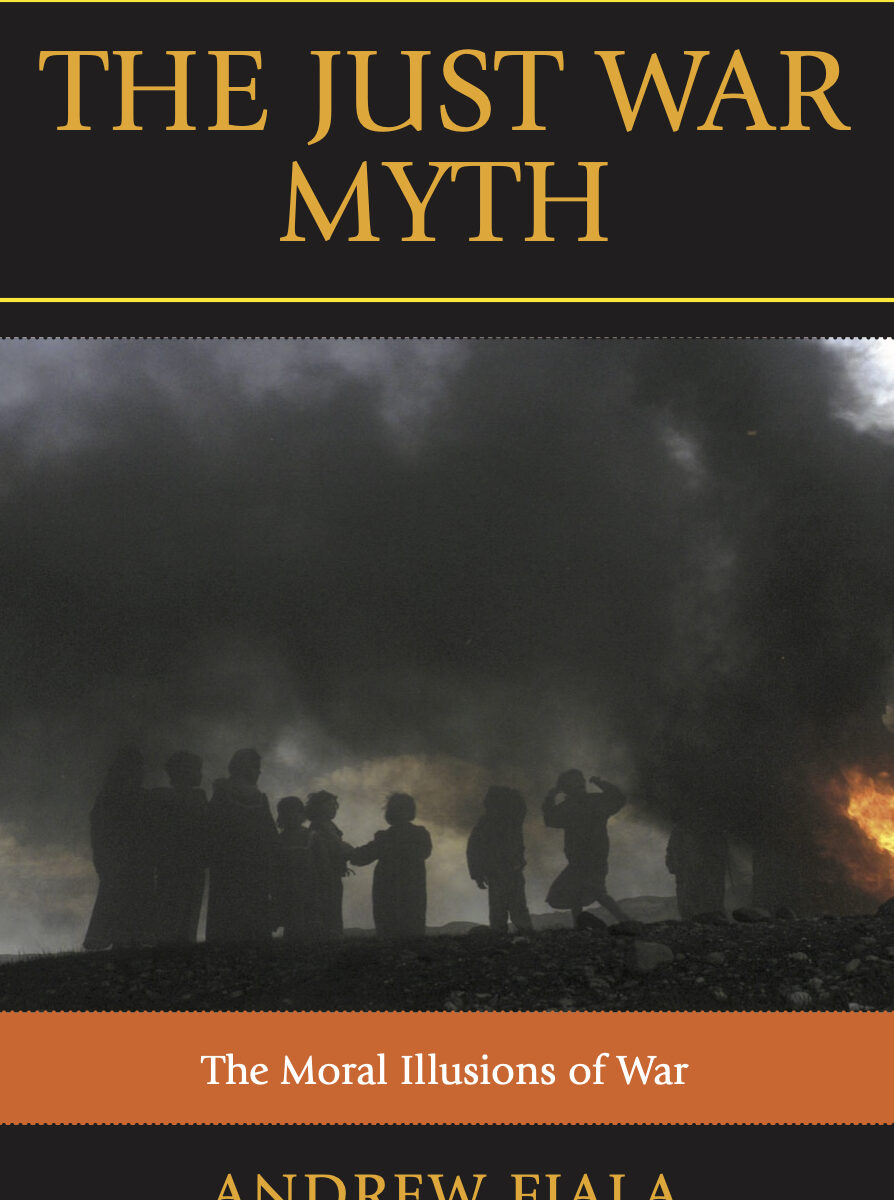Violence is increasing. Domestic terrorism is rising, including threats against members of Congress. The FBI just published its annual report on crime. The bad news is that violent crime is on the rise.
So let’s reflect on the dumbness of violence. Violence produces bad outcomes. It is also dumb in a metaphorical sense. Violence does not speak, it growls. Like a roaring lion, it does not argue. It merely threatens and attacks.
Violence can be spectacular. It attracts our attention. But violence does not really seek to persuade. Persuasion requires an argument. Violent acts are not arguments. That’s why violence does not create or convert.
The ugly truth about violence is well-known. Gandhi explained it. So did Martin Luther King, Jr. Both advocated nonviolence as the higher road.
Oct. 2 marks Gandhi’s birthday and is an International Day of Nonviolence. Gandhi said that even when violence appears to do good, that is merely temporary. Nonviolence creates lasting change because, as Gandhi explained, nonviolence is a “process of conversion.” Instead of destroying those you hate, nonviolence builds bridges and finds common ground.
Gandhi demonstrated that organized nonviolence can be a powerful force for change. Martin Luther King Jr. put this method to work in the United States.
In his Nobel Peace Prize lecture in 1964, King explained the critique of violence this way: “In spite of temporary victories, violence never brings permanent peace. It solves no social problem: it merely creates new and more complicated ones. Violence is impractical because it is a descending spiral ending in destruction for all.”
This truth is reaffirmed as we reflect on the aftermath of the war on terrorism. After 20 years of war, we wonder whether the war was worth the cost. The war in Afghanistan teaches us that violence is a blunt instrument for transforming hearts and minds.
The “Costs of War” project at Brown University provides a recent summary. Totaling deaths from Afghanistan, Iraq, Syria, and elsewhere, they estimate that almost 930,000 people were killed in the war on terrorism. This includes over 7,000 American military personnel. About 38 million people were displaced as war refugees. The war is estimated to have cost $8 trillion.
We did kill Osama bin Laden and other terrorist masterminds. But terrorists still lurk in the shadows. And the Taliban quickly returned to power. The war did not resolve the social, political, and cultural problems that give rise to terrorism and oppressive regimes such as the Taliban.
War is a destructive force that breeds reactive antagonism. It does not educate, democratize, or humanize. Political violence does not create just or lasting change. Rather, it destabilizes and provokes, causing polarization and pain.
This truth about war and violence is easily overlooked. There is a primal urge to employ violence. We are animals after all. Like the lion, we roar. When pushed, we attack.
The world’s moral traditions teach us to subdue the lion within. We are not merely animals, after all. We are human beings. We can learn to “turn the other cheek” and resist animal aggression. This is the message of Jesus and the Buddha, as well as Gandhi and King.
Our own culture often ignores this message. We celebrate violence. Pop culture is full of gangsters and cops, super-spies and superheroes. Our culture encourages us to falsely believe that might makes right and that in the end the good guys are justified in using violence.
But we are not superheroes. We are fragile and flawed beings. And unlike in a James Bond fantasy, real lives are destroyed when we uncage the lion.
The good news is that we are intelligent beings. We can learn from our mistakes. Violence involves a kind of smug self-certainty. It fails because it treats other human beings as animals and objects to be manipulated by physical force. But human beings are not persuaded by violence. We are motivated by pride and love, reason and morality.
Nonviolence is not always effective. But in the long run it is wiser to keep the lion in his cage. Nonviolence appeals to the better angels of our nature. It treats human beings with the care and respect we deserve.


